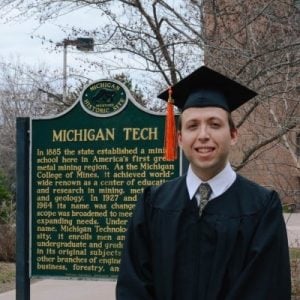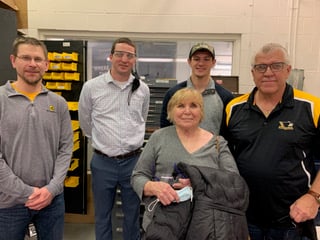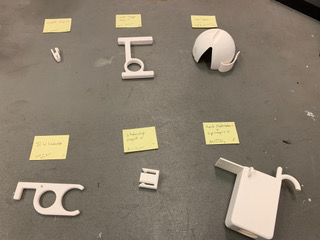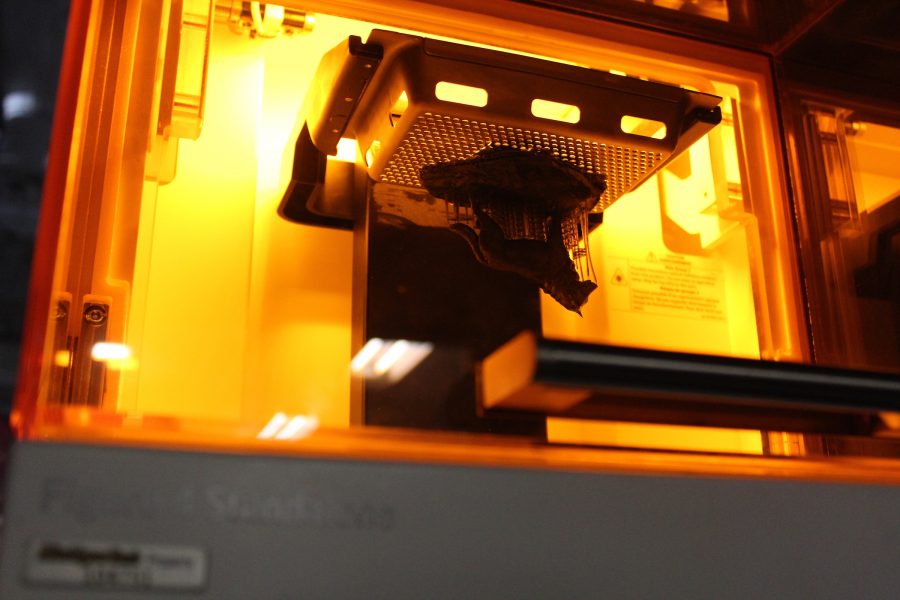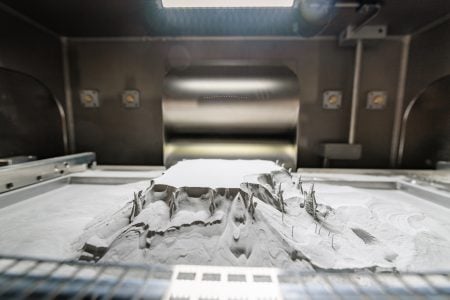
MMET Spring and Fall 2021 Graduates
Congratulations Graduates! Be proud of your accomplishments! And please keep in touch!
SPRING 2021:
Kyle Adler; Bryce Andres; Hunter Ashton; Anna Connelly; Ian DeVlieg; Jaina Dunikowski; Lukas Evans; Jake Grund; Ethan Hammond; Drew Hull; John Kubiszewski; John Kurburski; Jake Lehmann; Logan Morice; Alexander Provoast; Andrew Pumford; Austin Purdy; Jeff Richards; Duncan Seidel; Christopher Spencer; Brett Thode; Adam Thomas; Lennie Westenberg; Meghan Williams; Daniel Woirol; Andrew Wyman
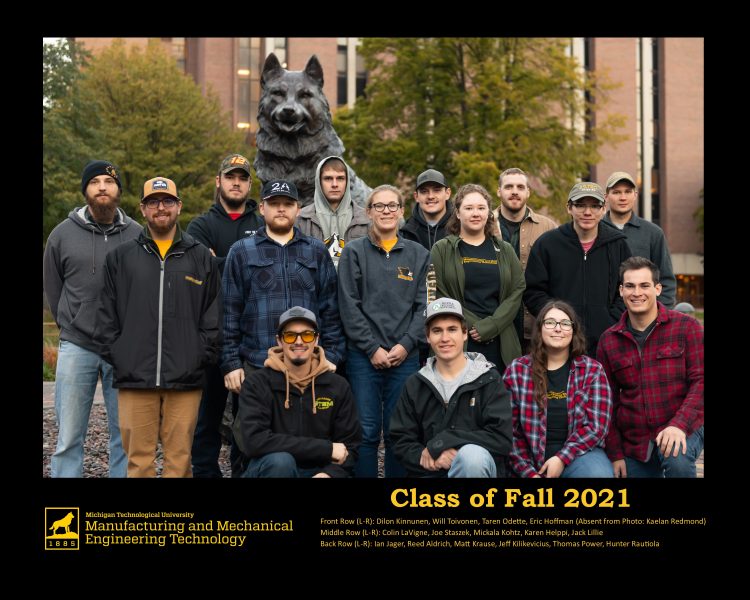
FALL 2021:
Reed Aldrich; Karen Helppi; Eric Hoffman; Ian Jager; Jeff Kilikevicius; Dilon Kinnunen; Mickala Kohtz; Matt Krause; Colin LaVigne; Jack Lillie; Taren Odette; Thomas Power; Hunter Rautiola; Kaelan Redmond; Joe Staszek; Will Toivonen
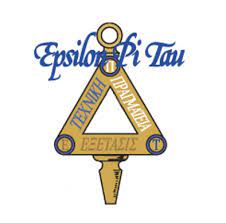
Thomas Power Inducted into Epsilon Pi Tau Honor Society
Congratulations to MET student Thomas Power, who was inducted into the Michigan Tech Delta Zeta Chapter of Epsilon Pi Tau Honor Society in Spring 2021.
Epsilon Pi Tau is the international honor society for professions in technology, recognizing students and technology professionals for academic excellence.
